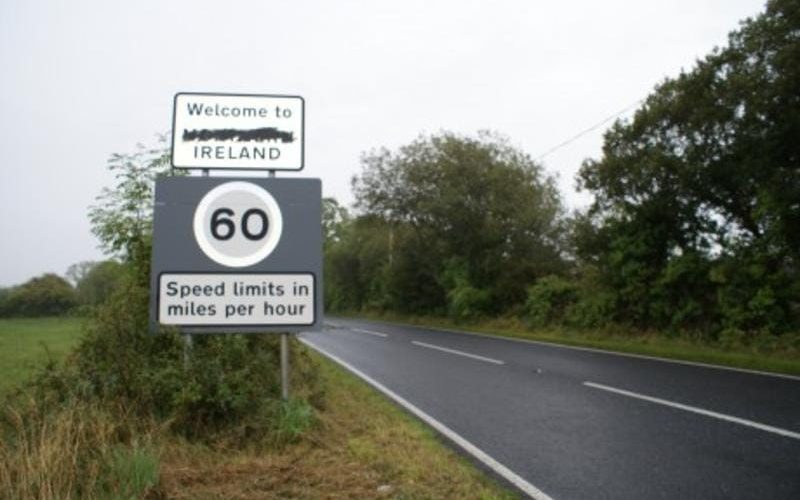With demographic change, Brexit, and a deadlocked Northern Ireland Assembly, the call for a border poll has been raised more and more often.
Under the terms of the Belfast Agreement, a border poll is the only way partition can be ended. It can be allowed to happen only if the British secretary of state allows it to, if the British government believes it is likely to result in a vote to end the division of Ireland. Should it pass, there would then have to be a referendum in the South to allow it go through.
The struggle for an end to partition has always been a democratic one. Ireland was partitioned not because it suited the needs of the Irish people but because it suited the British state and ruling class. The British state has always relied on exploiting artificial divisions among the Irish people, divisions that they nurtured and have fostered ever since.
In the North, the Orange state discriminated against Catholics and relied on sectarianism to split the labour movement, keeping the industrial north-east safe for British imperialism and preventing all-Ireland development.
In the South, the weak capitalist class that took power in the counter-revolution that established the Irish Free State became dependent on the stronger finance capital of Britain and, later, the European Union. To put the anti-democratic nature of partition into perspective, the last time the Irish people voted as one in an election was in 1918, a century ago.
The result has been two anti-democratic entities that have been a cold house for workers, for women, for the poor and most of our people, Catholic, Protestant and Dissenter alike. The working class in the Six Counties is reliant on the benevolence of the British Parliament for any political change, whether it be on abortion reform or economic issues. This is despite not one Tory or Labour MP being elected in any part of Ireland. Voters in the North can change the party, but the policy remains the same, Assembly or no Assembly.
Workers in Britain suffer too, with a Conservative government kept in power by the DUP, a party they did not vote for. As Karl Marx said, “the nation that oppresses another nation forges its own chains.”
Therefore a united independent Ireland is not only a victory for Irish workers but an internationalist victory. This is why it would be a defeat if the struggle against partition and against British imperialism were to be diverted away from independence and into the arms of the EU, swapping one oppressive flag for another.
A united Ireland will not be a ready-made socialist republic. A call for a Yes vote in a border poll will have to be accompanied by a struggle for an entirely new republic, not simply a 32-county version of the Southern state as it stands but something entirely new. And in this struggle, labour must not wait.
You cannot build socialism while in the vice-grip of imperialist domination. An independent Ireland can only be established through a united Ireland. In the struggle for this, there must be a debate among our class on what sort of Ireland we want to see.
This does not mean taking an ultra-left position that a border poll would only divide our class further. Our class is already divided, both by partition and by sectarianism in the North, with the very understanding of the state very different according to where you grew up.
It is not probable that a border poll will be held soon, and even if it did a united Ireland is still a long way off. How quickly it can come will be dependent on the ability of socialist republicans and the serious left to create the political conditions that can bring about change. A good start will be the actual raising of the debate, as it seems that many on the left are content to ignore the issue, hoping it will go away.
If it is believed that a border poll cannot produce the answer, then this would mean that the Belfast Agreement has become useless; but unless there is a concrete alternative we can only play the hand we have been dealt. It’s not likely that those from a Protestant working-class background will be inspired by simply joining the Southern state, with everything else remaining the same, minus, perhaps the National Health Service. It’s the task of the serious left to struggle for something better to offer.
A 32-county independent and sovereign republic with all-Ireland economic planning, a public housing system, a public health system, the provision of free, safe and legal abortion, the right of refugees and all citizens to work, separation of church and state, with decision-making power being vested in the people, not in unelected bureaucrats in Brussels, Washington, or London—in short, a workers’ republic—has to be the objective.






